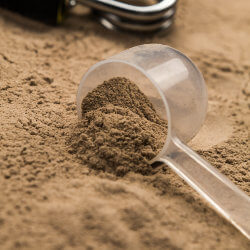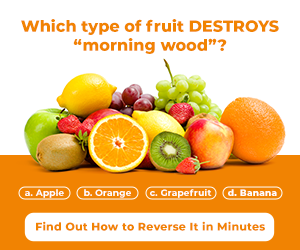Debunking Common Myths about Nutrition & Physical Activity
Introduction: In today’s fast-paced world, we are constantly bombarded with information about what we should eat, how we should eat, and how much exercise is enough. It can be overwhelming and often leads to confusion. Understanding the truth behind common myths about nutrition and physical activity is crucial in making informed decisions that affect our well-being. This blog aims to debunk several prevalent myths and provide a clearer understanding of making healthy lifestyle choices.
Food Myths
Myth: To lose weight, you have to give up all your favorite foods.
One of the most common misconceptions about losing weight is the need to avoid all favorite foods. However, this is far from true. Dieting does not equate to deprivation. Fact is, sustainable weight loss involves moderation and balance rather than complete exclusion. Allowing small amounts of high-calorie foods, while keeping track of total caloric intake, can be part of an effective weight loss plan. The key is to burn more calories than consumed.
Myth: Grain products such as bread, pasta, and rice are fattening.
Many people avoid grain products under the assumption that they contribute to weight gain. In reality, grains themselves are not fattening. Opting for whole grains over refined grains can contribute to a healthier eating plan. Whole grains such as brown rice, whole-wheat bread, cereal, and pasta provide essential nutrients and can promote a feeling of fullness. The Dietary Guidelines for Americans suggest including grains as part of a balanced diet, recommending that at least half of your grain intake should be whole grains.
Gluten and Fats Myths
Myth: Choosing gluten-free foods will help you eat healthier.
Unless you have celiac disease or a specific gluten sensitivity, gluten-free does not automatically mean healthier. Gluten is a protein found in wheat, barley, and rye, and avoiding it without medical necessity might lead to a lack of certain vitamins, fiber, and minerals. It’s important to consult with healthcare professionals if you’re considering excluding gluten without a medical reason, as it might lead to deficiencies.
Myth: You should avoid all fats if you’re trying to be healthy or lose weight.
Fats are often unfairly villainized in the pursuit of healthiness or weight loss. However, not all fats are bad. In fact, fats are essential for the absorption of important nutrients and energy. The focus should be on consuming healthy fats, such as those found in avocados, olives, or nuts, while limiting saturated and trans fats. The Dietary Guidelines recommend keeping saturated fat intake to less than 10% of your daily calories.
Dairy and Vegetarian Myths
Myth: Dairy products are fattening and unhealthy.
Dairy products are an essential part of a balanced diet, offering necessary nutrients such as calcium, vitamin D, and protein. Consuming fat-free or low-fat versions can help manage caloric intake while still reaping the nutritional benefits. Contrary to popular belief, dairy can be included in a healthy eating plan, assisting in building muscles, supporting organ function, and strengthening bones.
Myth: “Going vegetarian” will help you lose weight and be healthier.
While adopting a vegetarian diet can have health benefits, it does not automatically translate to weight loss or being healthier. Much depends on food choices made within that diet. A vegetarian diet should still emphasize balance, with a variety of fruits, vegetables, whole grains, and proteins. Simply eliminating meat without consideration of overall dietary balance is not a guaranteed path to health or weight reduction.
Conclusion
Summary of Key Points
This blog has explored several myths regarding nutrition and physical activity, shedding light on truths that often get lost in noise. Understanding that moderation and variety are key when it comes to eating habits can lead to healthier lifestyle choices and sustainable weight management. Similarly, not all fats are detrimental, and gluten-free products are not inherently better.
Call to Action
If you found this article helpful, share it with friends and family on social media, subscribe to our newsletter for more insightful content, or leave a comment below to join the conversation!






